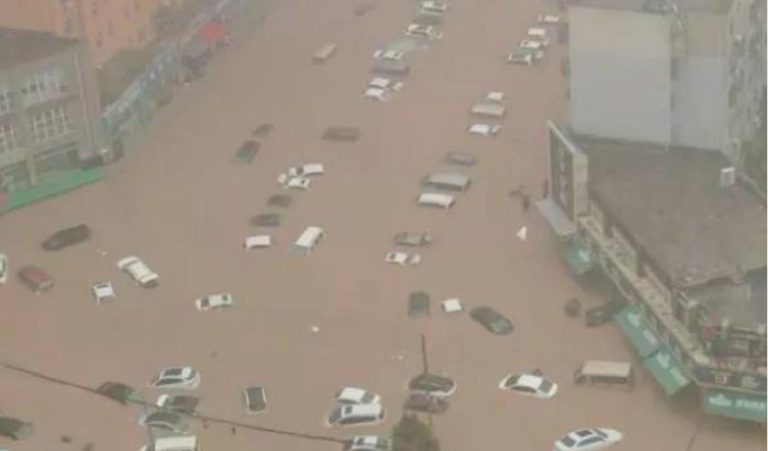New analysis from the World Meteorological Organization (WMO) has revealed that water-related hazards have dominated the list of disasters in terms of both human and economic toll over the past 50 years.
According to the forthcoming WMO Atlas of Mortality and Economic Losses from Weather, Climate and Water Extremes (1970-2019) report, of the top 10 disasters, the hazards that led to the largest human losses during the period have been droughts (650,000 deaths), storms (577,232 deaths), floods (58,700 deaths) and extreme temperature (55,736 deaths).
With regard to economic losses, the top 10 events include storms (US$521bn) and floods (US$115bn), according to an excerpt from the Atlas, which will be published in September.
Floods and storms inflicted the largest economic losses in the past 50 years in Europe, at a cost of US$377.5bn. The 2002 flood in Germany caused US$16.48bn in losses and was the costliest event in Europe between 1970 and 2019. However, heatwaves had the highest human toll.
The data show that over the 50-year period, weather, climate and water hazards accounted for 50% of all disasters (including technological hazards), 45% of all reported deaths and 74% of all reported economic losses at global level.
“Weather, climate and water-related hazards are increasing in frequency and intensity as a result of climate change. The human and economic toll was highlighted with tragic effect by the torrential rainfall and devastating flooding and loss of life in central Europe and China in the past week,” said WMO secretary-general Professor Petteri Taalas.
“No country – developed or developing – is immune. Climate change is here and now. It is imperative to invest more in climate change adaptation, and one way of doing this is to strengthen multi-hazard early warning systems,” Taalas added.
Water is the primary vehicle through which we feel the impacts of climate change, according to the WMO. To effectively address both water and climate challenges, they must be tackled as one. This is why WMO is spearheading a new Water and Climate Coalition, a community of multi-sectoral actors, guided by high-level leadership and focused on integrated water and climate action.
Atlas is one of a series of WMO initiatives to provide decision-makers with scientifically based information about the weather and climate extreme and the state of the global climate.



